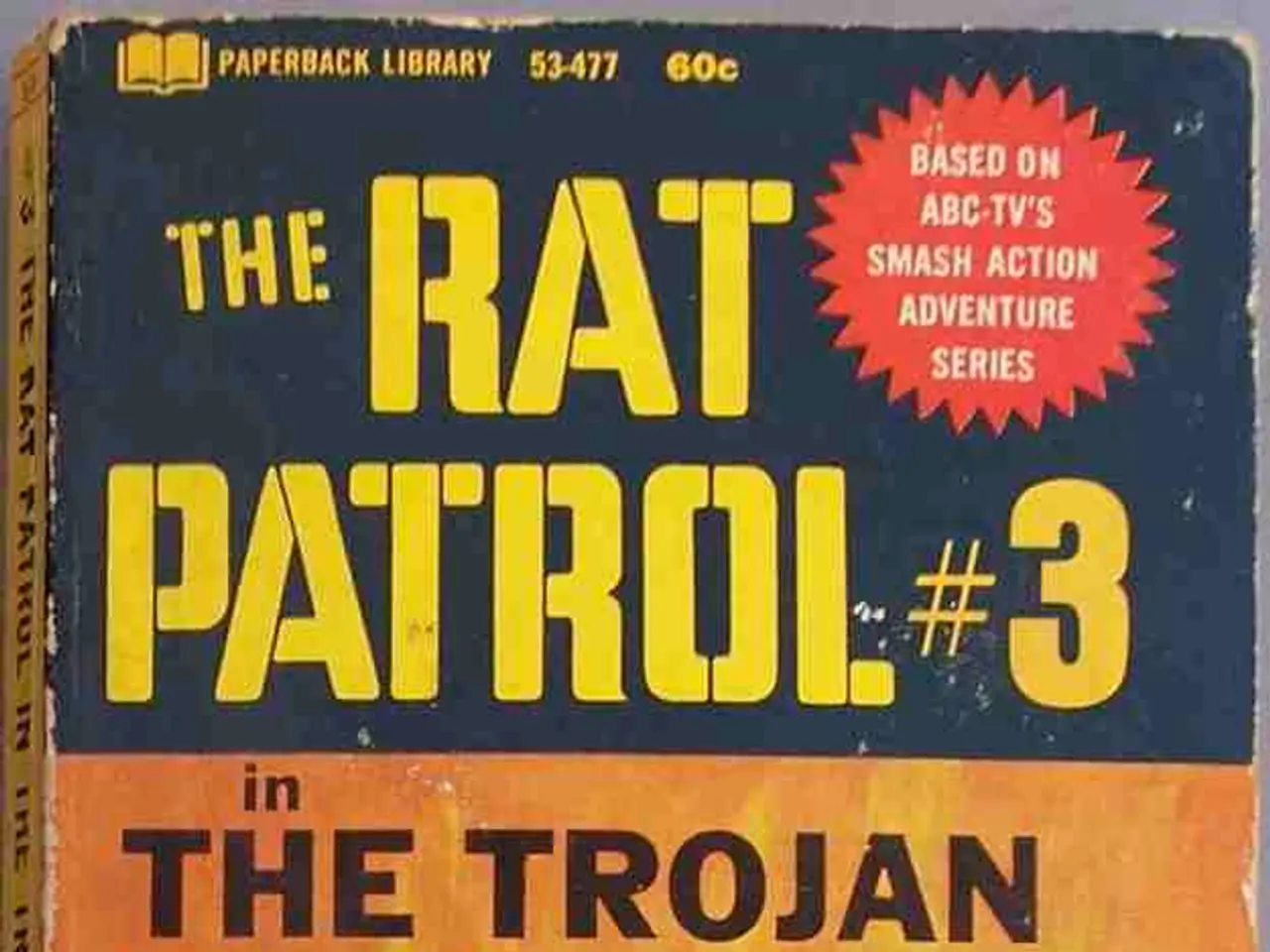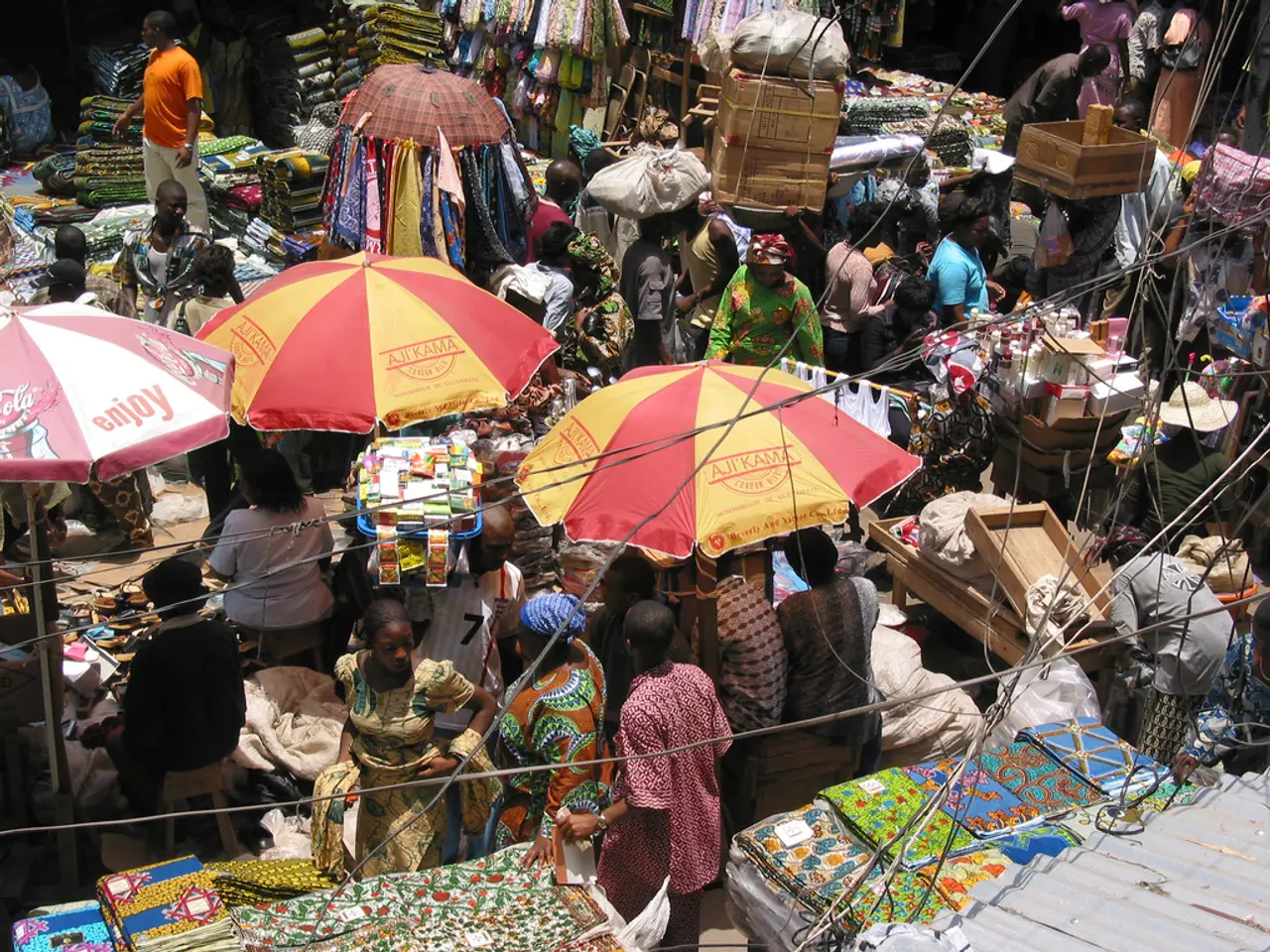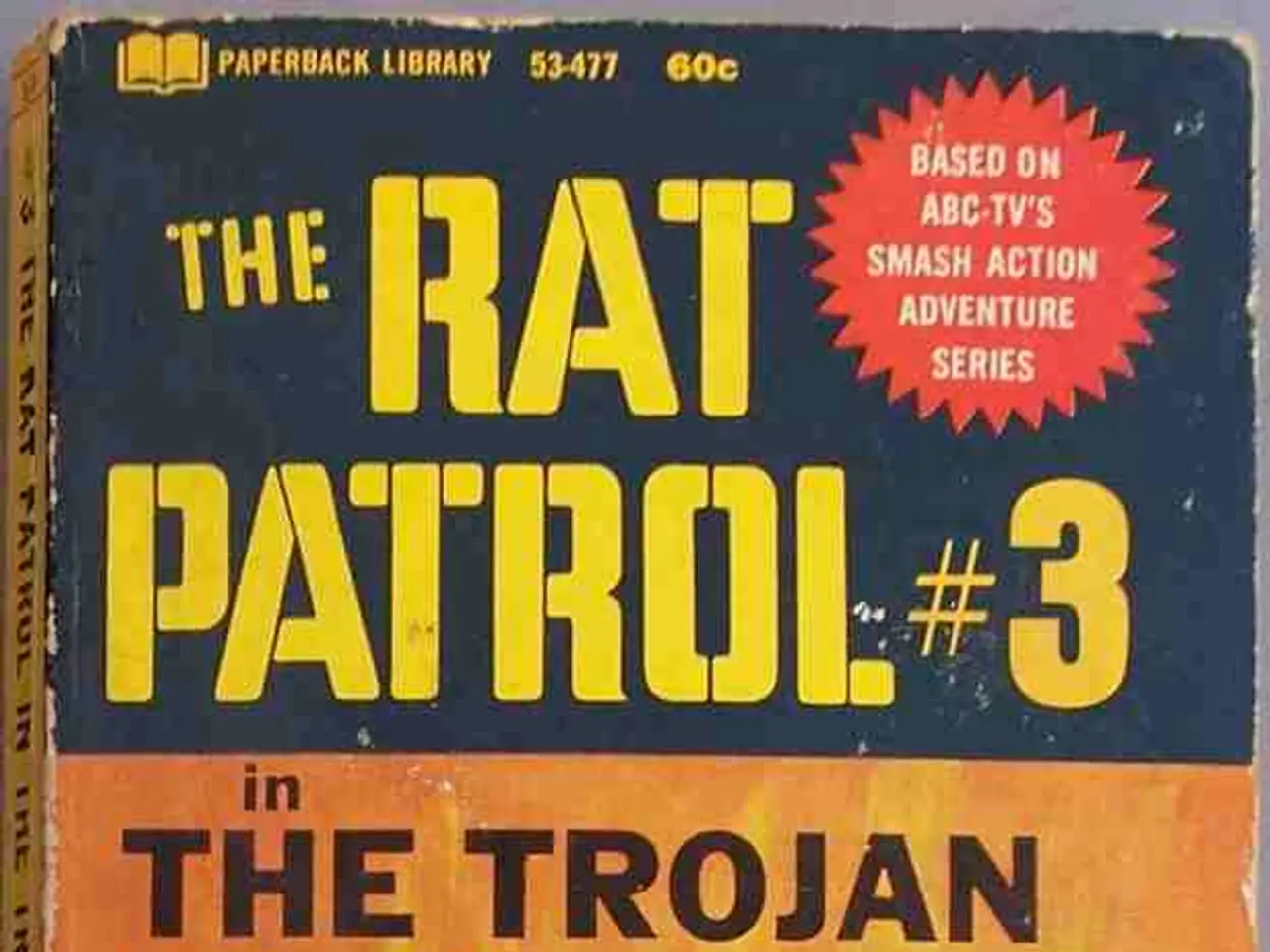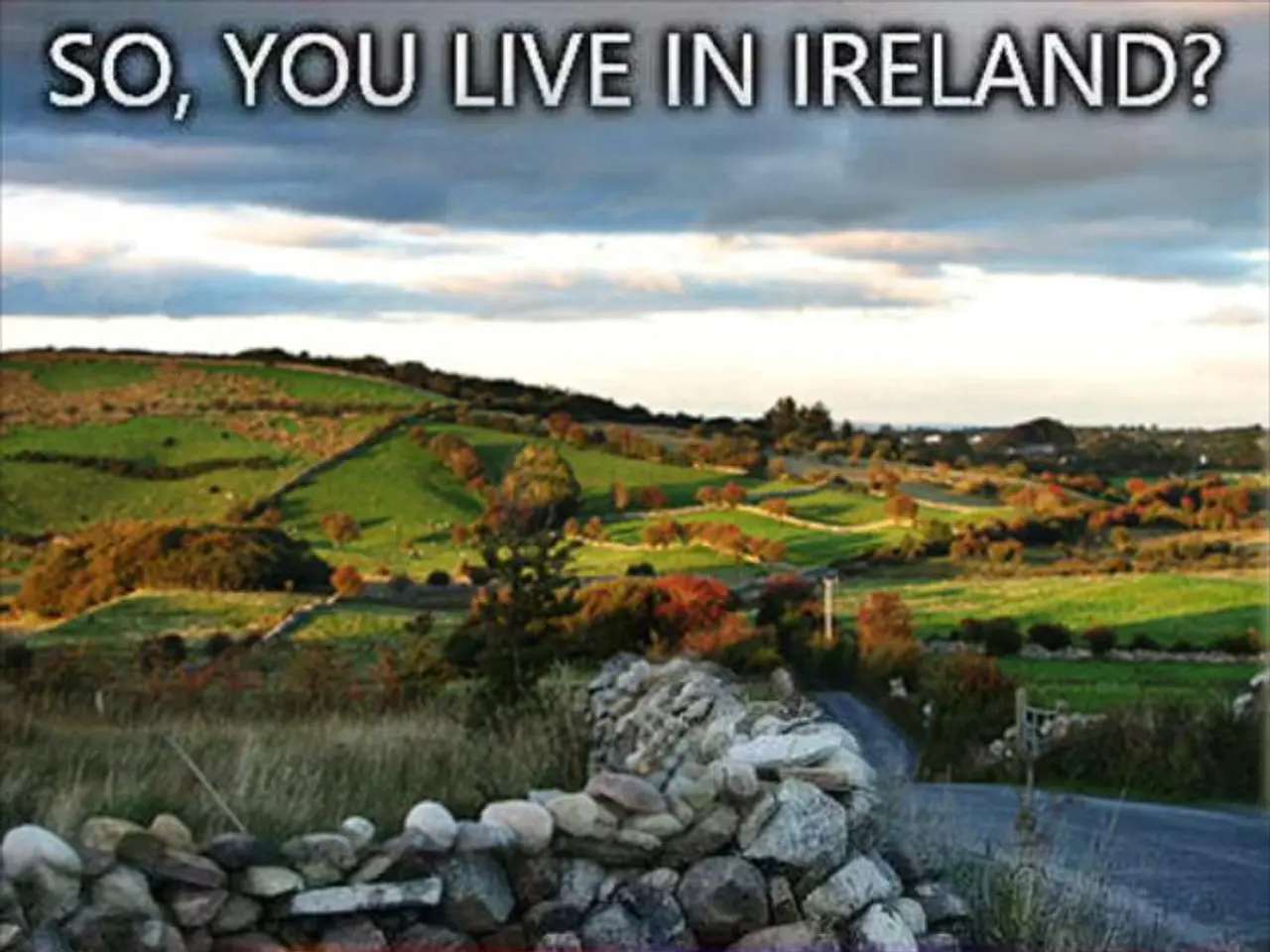Title: Israel-Induced Dilemma for Iran's Supreme Leader Chamenei
Power struggles within Iran's leadership, with Ayatollah Khamenei fighting for control
In the heart of Middle Eastern politics, Ayatollah Ali Chamenei, Iran's Supreme Leader, faces an unprecedented crisis. Israeli military actions have escalated, targeting his advisors, high-ranking military officers, and nuclear scientists - leaving him vulnerable and uncertain.
Israel's Defense Minister, Katz, went a step further, likening Chamenei to Hitler, threatening, "a dictator like Chamenei... cannot continue to exist." Katz's comments followed an Iranian rocket attack on a hospital in southern Israel. However, the White House has reportedly dissuaded Israel from directly targeting Chamenei.
Trump, though seeming to endorse the idea of eliminating Chamenei, has expressed reservations. He has joked about joining the war, yet advocated for "surrender unconditionally," but Iran's spiritual leader has rejected such terms, claiming the Iranian people will resist.
Chamenei has been in power since the death of Ayatollah Khomeini in 1989. His rule, despite years of sanctions and internal protests violently suppressed in 2022 and 2023, has been marked by a tense stalemate. However, his succession has become a crucial issue due to his advanced age. Recent Israeli military activities may accelerate this process.
The Israeli military's successful targeting of high-ranking Iranian military figures raises questions about Netanyahu's intentions. Azizi, a geopolitics expert, suggests that Israel might be planning "regime change" through internal coups or continued high-level assassinations.
In Iran, the population is caught between fear and uprising. Many desire to see the Islamic Republic gone, but avoiding bloodshed and war is crucial. The idea of a popular uprising or takeover of power by the opposition is questionable, according to Azizi.
Chamenei currently finds himself in a self-inflicted dilemma. Fearful of a weak response that may reduce his authority, and aware of the risks of a strong response, his reign seems to have reached a precarious point due to the Israeli military's escalation.
Enrichment Data:
The current political situation between Iran and Israel is marred by open warfare, explicit threats, and ongoing military actions, carrying significant ramifications for the region.
Overview of the Conflict:
- The Israel-Iran conflict intensified in 2025, with Israel launching airstrikes targeting Iranian military and nuclear sites, followed by assassinations of top military leaders and nuclear scientists. Iran retaliated with large-scale missile and drone attacks, marking a significant escalation from prior proxy warfare to full-scale confrontation.
- Ayatollah Ali Khamenei, Iran's Supreme Leader, emerged as a key target of Israeli military operations aiming to degrade Iran's nuclear program and regime leadership. Israel views Khamenei's leadership as an existential threat, reflected in their attacks on crucial installations and personnel.
- Regional dynamics have shifted as Iran's position in the Levant has weakened following conflicts with Israel in 2024 and the decline of its proxy forces such as Hamas and Hezbollah. This has reduced Iran's leverage in the region.
- Despite inflicting only minimal damage on Israel, Iran remains capable of retaliatory strikes, while Iranian-backed militias in Iraq continue to pose a threat of regional spillover. The situation remains unstable, with both sides pursuing maximum pressure and potentially devastating military action.
- In the broader context of international general-news, the escalating Israel-Iran conflict, marked by open warfare and military actions, raises concerns about the stability of the economic and monetary union in the Middle East, given the sensitive economic ties between countries in the region.
- As the Israel-Iran conflict continues to dominate the world's war-and-conflicts discourse, the community policy makers and leaders are closely monitoring the situation, particularly the economic and monetary union, as they weigh the potential impacts on global economic stability and the economic and monetary union if relations between Iran and Israel were to deteriorate further.








